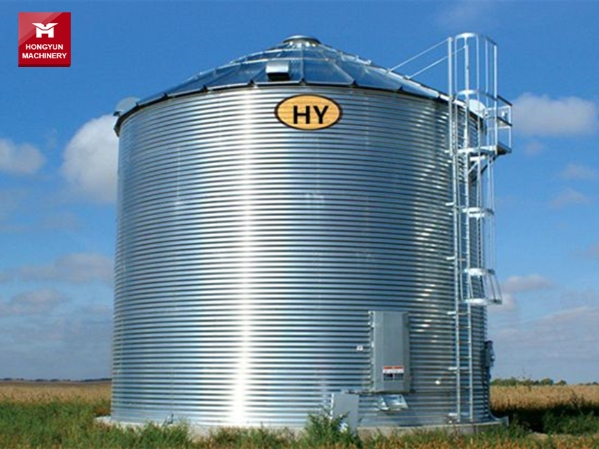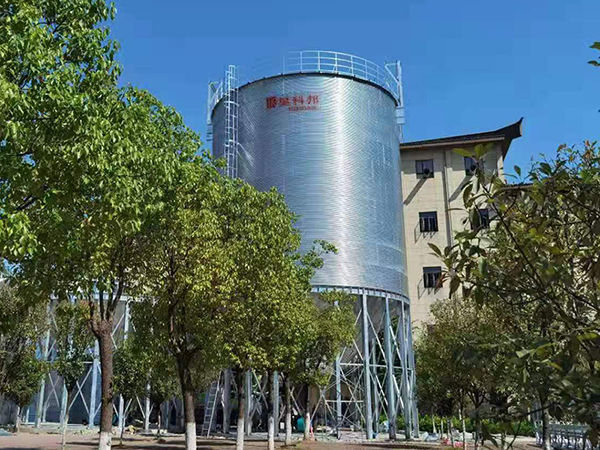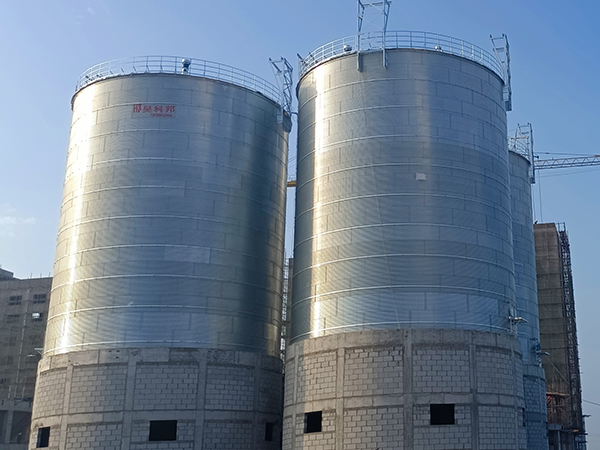seed silo procurement in Rwanda,Africa-Coban
Seed silos are essential for preserving seed vitality and germination rates in agricultural production, requiring environmental control, pest and mold prevention, and capacity planning. Procurement considerations include material quality, functionality, and supplier services. Regular maintenance, cleaning, disinfection, and seed management practices are vital for ensuring the performance and longevity of seed silos.
- Main Advantages of Wheat Silo in Uganda
- Main Functions of Wheat Silo in Uganda
- Corn mill factory in Mali
- Maintenance Methods for Wheat Silo in Uganda
- Maintenance Methods for a Rice Silo in Uganda
- Wheat mill supplier in Malawi
- Installation Process of a Rice Silo in Uganda
- Structural Composition of a Rice Silo in Uganda
- Flour mill sale in Rwanda
- Main Advantages of Rice Silo in Uganda
- Primary Functions of Rice Silo in Uganda
- Grinding mill cost in Libya
Seeds, as the foundation of agricultural planting, have storage conditions that directly affect the growth and yield of crops. Seed silos, as important facilities for storing seeds, make seed silo procurement a focus for agricultural enterprises and growers. This article will discuss in detail the importance of seed silos, considerations for procurement, and key points for maintenance management.
The Importance of Seed Silos
Seed silos play a crucial role in agricultural production, and their design and function directly affect the preservation state of seeds.
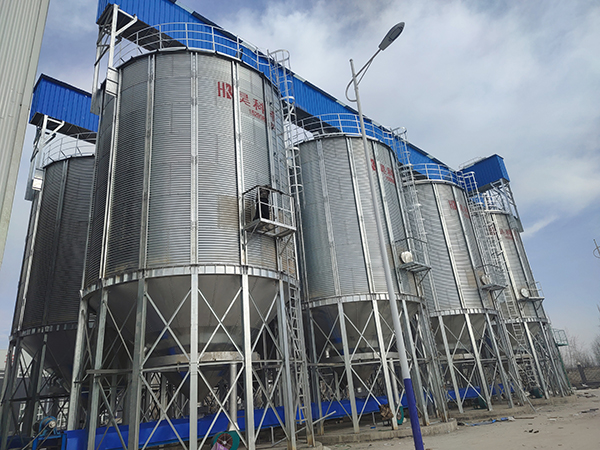
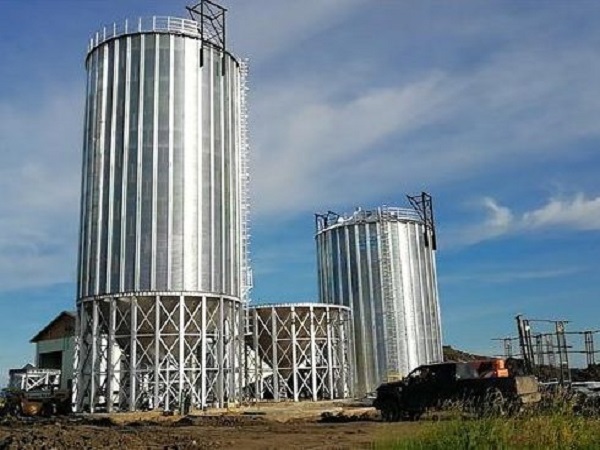
Environmental Control for Seed Preservation
Seed silos must provide a suitable environment to maintain the vitality and germination rate of seeds. Technical Requirements for Environmental Control Appropriate temperature, humidity, and ventilation conditions are key to seed preservation; seed silos need to have corresponding environmental control functions.
Pest and Mold Prevention Features
Seeds are susceptible to pests and mold during storage, and seed silos need to have effective protective measures. Design Points for Pest and Mold Prevention Good sealing performance, easy-to-clean materials, and structural design are the foundations for preventing pests and mold in seed silos.
Capacity and Space Planning
The capacity and space planning of seed silos should be reasonably designed according to the type and quantity of seeds. Rationality of Capacity and Space Planning Reasonable capacity and space planning not only improve storage efficiency but also facilitate the management and retrieval of seeds.
Considerations for Seed Silo Procurement
When procuring seed silos, the following factors need to be considered to ensure that the purchased silos meet actual needs.
Material and Manufacturing Process
The material and manufacturing process of seed silos directly affect their durability and reliability. Selection Criteria for Material and Process High-quality materials and fine craftsmanship ensure the long-term stable use of seed silos and reduce later maintenance costs.
Functionality and Level of Automation
Choose seed silos with appropriate functions based on actual needs; silos with a high degree of automation can improve management efficiency. Advantages of Functionality and Automation Automated temperature and humidity control, data monitoring, and other functions reduce the complexity and error rate of manual management.
Supplier’s Services and After-Sales Support
Choosing a supplier that provides good services and after-sales support is crucial for ensuring the normal operation of seed silos. Importance of Services and After-Sales Good services and after-sales support can provide timely help and solutions when problems are encountered.
Maintenance Management of Seed Silos
Regular maintenance and management are essential for seed silo procurement to ensure the performance and longevity of the silos. Proper care extends the service life of the procured seed silos.
Regular Inspection and Maintenance
Establish a regular inspection and maintenance plan for seed silos to identify and resolve issues promptly. Periodicity of Inspection and Maintenance Regular inspections and maintenance can prevent potential problems and maintain the good operating condition of seed silos.
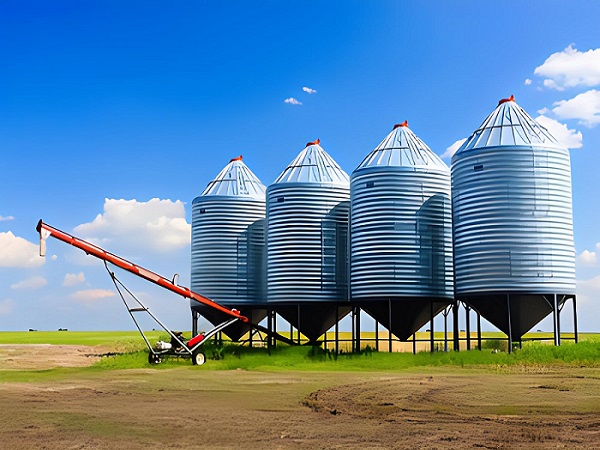
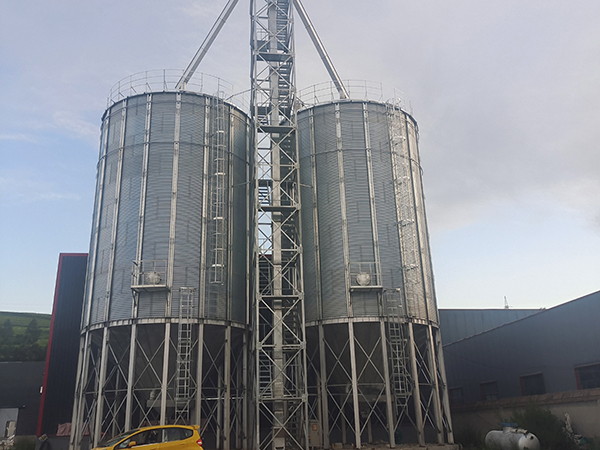
Cleaning and Disinfection
Seed silos need regular cleaning and disinfection during use to maintain the hygiene of the storage environment. Methods of Cleaning and Disinfection Use appropriate cleaning agents and disinfection methods to ensure the cleanliness of the internal environment of the seed silo and the safety of the seeds.
Seed Management
A reasonable seed management process can improve the efficiency of using seed silos and the quality of seed preservation. Best Practices for Seed Management Establish strict procedures and recording systems for the entry and exit of seeds to ensure effective management of seed quality and quantity.

